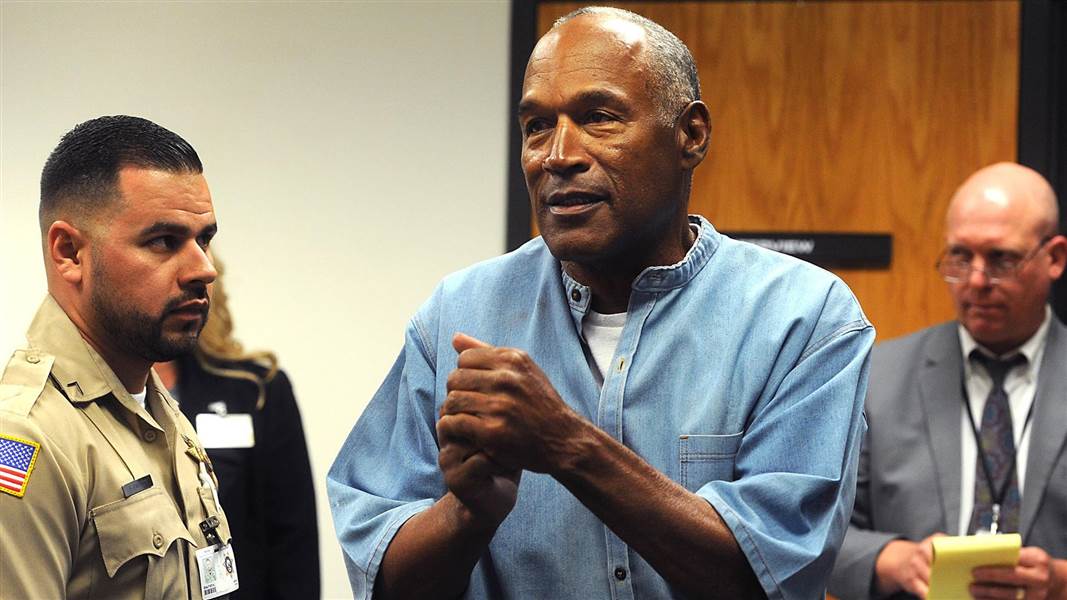John Glenn dies at 95; First American to orbit Earth
 John Glenn, the first American to orbit the earth has died. The was 95. Glenn was an American hero, an aviation icon, and even a U.S. Senator from Ohio.
John Glenn, the first American to orbit the earth has died. The was 95. Glenn was an American hero, an aviation icon, and even a U.S. Senator from Ohio.
Glenn died this afternoon surrounded by family at the Ohio State University Wexner Medical Center in Columbus after a remarkably healthy life spent almost from the cradle with Annie, his beloved wife of 73 years, who survives him.
“John Glenn is, and always will be, Ohio’s ultimate hometown hero, and his passing today is an occasion for all of us to grieve,” said Ohio Gov. John R. Kasich. “As we bow our heads and share our grief with his beloved wife, Annie, we must also turn to the skies, to salute his remarkable journeys and his long years of service to our state and nation.
 In just five hours on Feb. 20, 1962, Mr. Glenn joined a select roster of Americans whose feats have seized the country’s imagination and come to embody a moment in its history, figures like Lewis and Clark, the Wright brothers and Charles Lindbergh.
In just five hours on Feb. 20, 1962, Mr. Glenn joined a select roster of Americans whose feats have seized the country’s imagination and come to embody a moment in its history, figures like Lewis and Clark, the Wright brothers and Charles Lindbergh.
Glenn rocketed into space, it was momentous and nerve-wracking. Space travel was in its infancy. Every launch and mission captivated the imagination of America.
A few minutes after liftoff, Glenn’s Friendship 7 capsule reached orbit. People listened in with excitement and awe.
 “Roger, zero G and I feel fine,” Glenn relayed from space. “Capsule is turning around. Oh, that view is tremendous!”
“Roger, zero G and I feel fine,” Glenn relayed from space. “Capsule is turning around. Oh, that view is tremendous!”
Glenn had been battling health issues since a stroke a few years ago. His death Thursday was confirmed by Hank Wilson, communications director of the John Glenn College of Public Affairs at the Ohio State University.
In 1974, he was elected to represent Ohio in the U.S. Senate. Two years later, Glenn’s name was among those mentioned as a running mate for Democratic presidential nominee Jimmy Carter, but Carter ended up picking Sen. Walter Mondale of Minnesota.
During his Senate career he was noted for his attention to NASA and to national defense. He was also remembered for his support for the Panama Canal treaty in the late 1970s and for his resistance to the decision to televise the Senate floor debates on C-SPAN. He warned that the Senate’s reputation for deliberation would suffer if it became, in effect, a TV show. He retired from politics in 1999.
But as his political career was ending, he wanted to go back into space. In 1998, he lobbied NASA to fly again. Glenn spent nine days aboard the shuttle Discovery — for science.
As a 77-year-old, he became the oldest person to fly in space. His flight revived public interest in NASA. When NASA canceled the shuttle program and scaled back its ambitious exploration efforts, Glenn lamented the loss. He spoke during a 2011 forum at the Smithsonian National Air and Space Museum.
“The average person [was] better educated … back years ago than most people in the world. And then we put more into basic research and learned the new things first,” he said. “That little combination is just as true today. If we lose that edge in research and education, we won’t be a leading nation in the world. It’s that simple.”



